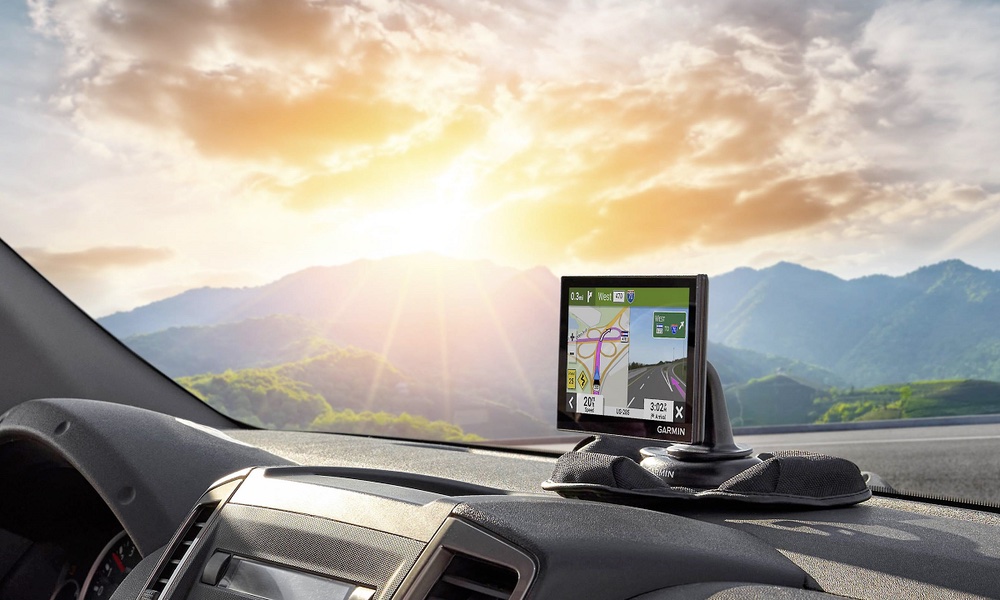Being able to drive a car is sign of independence — for seniors as well as teenagers. Maintaining driving mobility, the ability to drive far distances from one's immediate community, helps older persons feel they remain in the driver's seat of their lives.
Memory problems or failing vision can make older drivers decide to drive less, if at all. Some may drive only for short distances and where they know the streets well.
But there may be a simple fix that can keep seniors behind the wheel longer and more safely.
Navigational assistance technologies such as global positioning systems (GPS) are becoming popular among older drivers and can help keep them on the road for longer periods.Driving can be vital for maintaining independence, quality for life, wellbeing and cognitive health as we age.
Many drivers 65 years old and older rely on GPS, researchers in Great Britain found. Those who do use navigational devices also drive more frequently, suggesting that GPS technologies can help older people remain independent and on the road.
“Driving is usually the preferred mode of transportation among older adults, and it can be vital for maintaining independence, quality for life, wellbeing and cognitive health as we age,” Michael Hornberger, senior author on the study, said in a statement.
The British study looked at almost 900 adults 65 years old or older who said they drove at least once a week. More than 82 percent of the participants reported using GPS. Among those that used it, almost over half said they did so on some trips. About 10 percent said they applied GPS on most trips and about two percent said they employed it for every trip.
About a third said they rarely used navigation assistance.
More than 71 percent of the participants said they relied on GPS for the whole trip when driving to a new destination. Just 12 percent said they activated it for the whole trip along a familiar route, and seven percent said they relied on a GPS when taking a new route to familiar destinations.
Some of the participants (almost six percent) said GPS was backup in case they forgot the route; about four percent indicated it was backup when they got lost on a new route.
GPS use was more common among men, who also tended to use the devices more frequently on familiar routes.
“Because we have an aging population, it is important to understand the factors that keep older people on the road, driving safely for longer,” Hornberger, a professor of applied dementia research at Norwich Medical School at the University of East Anglia, added.
Participants answered questions online about their sense of direction and how and in what situations they used GPS devices. They also completed online assessments of their memory and spatial abilities.
Unsurprisingly, seniors who reported they had a poor sense of direction were more likely to use a GPS, but objective tests showed their cognitive abilities were fine. The researchers said this suggests GPS use is associated with older drivers' confidence in their ability to reach their destination, more than their actual ability to get there.GPS use was more common among men, who also tended to use the devices more frequently on familiar routes.
Future studies might rely more on data from GPS devices instead of self-reported data. They might also consider the effect of different types of navigational devices drivers may use, such as smartphone apps and built-in vehicle navigation systems. Other studies might look at how having a passenger or passengers in the car affects senior driving. It may help senior drivers to have a copilot as they head to a destination, but passengers might also serve as distractions and hinder a driver's ability to follow the route.
The study is published in PLOS Digital Health.





